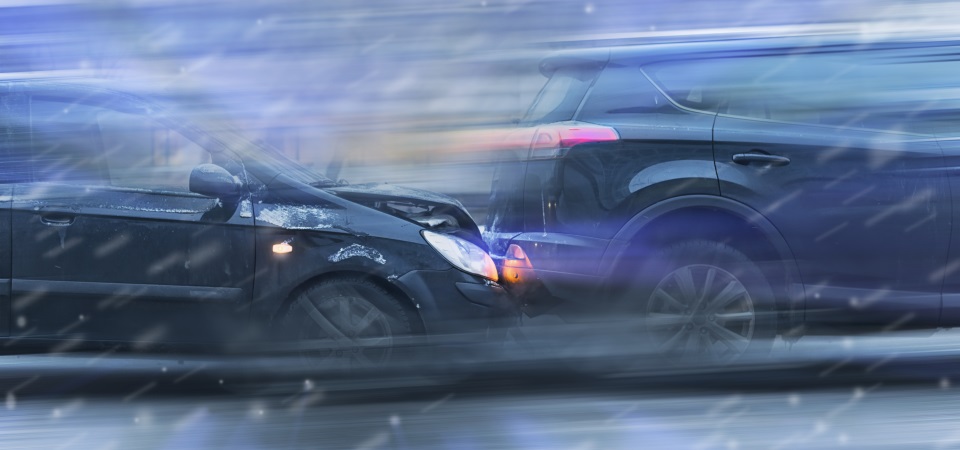Winter is here with snow, ice, heavy rain and strong winds bringing a host of hazards to our roads. Sarah Collier explains the five key things you should do if you are involved in a road traffic accident.
Stop and assess the situation
Pull over as soon as you can – failing to stop after an accident is an offence. Turn your engine off and your hazard lights on. Then establish if anyone has been hurt. If so, call an ambulance immediately.
Even if nobody has been hurt, make a note of this because other people may try to make a fraudulent claim for injury at a later date.
Don’t lose your temper – that will only make things worse. Don’t admit liability at the scene – this a matter for your insurance company, which may take into account factors that you aren’t initially aware of.
Call the police if the collision has blocked the road; if other individuals involved leave without giving details; or if you think they have been drinking or taking drugs. You should also call the police if you suspect the collision was caused deliberately – for example as part of a ‘crash for cash’ scam.
Exchange information
The law says you must give your name and address to any other people involved in the accident.
In return, ask for their names, addresses and contact information. Just as importantly, try to secure contact details for any witnesses.
It’s also important to find out whether other drivers are the registered keepers of their vehicles. If not, try to find out who is (they might be driving a company car) and make a note of their contact details.
Record the scene of the accident
Use your mobile phone to photograph the accident scene, showing the positions of the vehicles and all damage caused by the collision.
You can also use your phone camera to record the make, model, colour, and registration number of each vehicle involved. In addition, your phone will automatically record the time and date of the collision.
If you don’t have a phone with you, be sure to write down all this information.
You should also make a note of the driving conditions, particularly the weather, lighting and road surface (it might be badly potholed or the markings could be faint).
As soon as you can, make a rough sketch showing the road, any landmarks, and the positions of the vehicles before and after the accident.
Report the accident to your insurer
Call your insurer and give full details at the earliest opportunity. You may invalidate your cover if you don’t do this within the time-frame specified in your policy. This can be anything from two days to two weeks after the accident.
You should call your insurer regardless of whether you intend to make a claim. Insurers insist on being told about all accidents, irrespective of who is responsible. Just as importantly, you should put the incident on record in case other drivers try to make fraudulent claims against you.
Speak to a specialist solicitor
The importance of expert legal representation cannot be overstated.
If the police are involved, they will give you a reference number that you should pass to your solicitor.
It’s also important to keep details of any medical appointments regarding your injuries. If you haven’t seen a doctor following the accident, you should make an appointment as soon as possible.
Then you should talk to your solicitor about whether you have a personal injury claim against the other driver, and, if appropriate, how best to proceed legally.
For further advice on what to do if you’re involved in a road traffic accident, our team on 0161 761 4611













